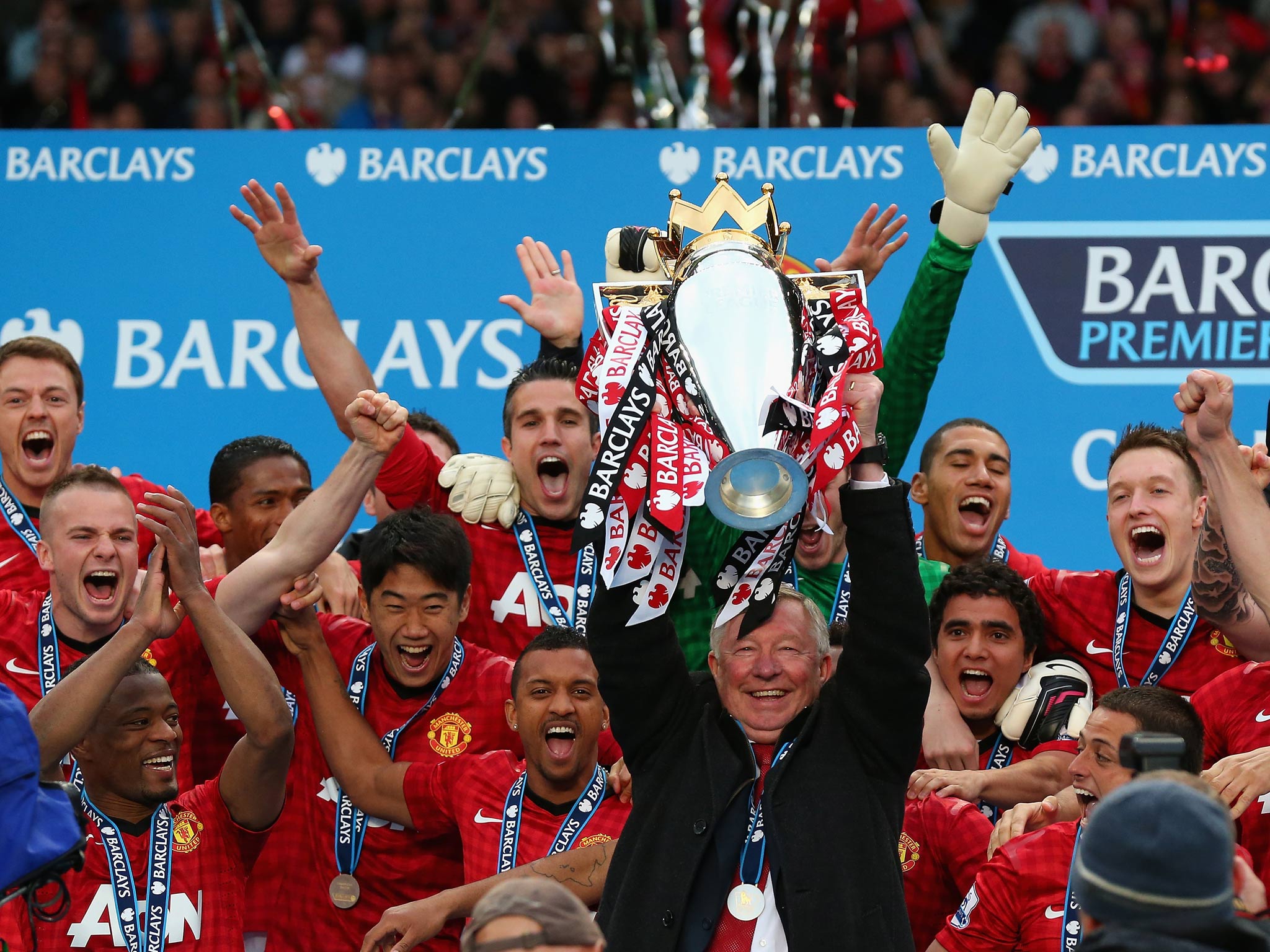Premier League clubs urged to invest in the future to avoid spiralling debt
Too much focus is on the present claims Professor of Sport Business Strategy and Marketing

Your support helps us to tell the story
From reproductive rights to climate change to Big Tech, The Independent is on the ground when the story is developing. Whether it's investigating the financials of Elon Musk's pro-Trump PAC or producing our latest documentary, 'The A Word', which shines a light on the American women fighting for reproductive rights, we know how important it is to parse out the facts from the messaging.
At such a critical moment in US history, we need reporters on the ground. Your donation allows us to keep sending journalists to speak to both sides of the story.
The Independent is trusted by Americans across the entire political spectrum. And unlike many other quality news outlets, we choose not to lock Americans out of our reporting and analysis with paywalls. We believe quality journalism should be available to everyone, paid for by those who can afford it.
Your support makes all the difference.Barclays Premier League clubs have been urged to invest in the future rather than the present if they are to escape a web of spiralling debt.
Simon Chadwick, Professor of Sport Business Strategy and Marketing at Coventry University, fears growing short-termism fuelled by the latest lucrative broadcast deal is plunging top-flight clubs deep into debts which some cannot manage effectively.
Prof Chadwick's concerns are based on figures compiled by the university's Centre for the International Business of Sport which show that the in 2011, the 20 Premier League members spent a staggering 91 per cent of their aggregate revenue on salaries and amortisation, the spreading on transfer fees over the length of a contract.
In addition, while total revenue for top-flight clubs increased by 52 per cent from £1.511billion to £2.298billion between 2007 and 2011, wages rose by 68 per cent with some clubs failing to cover even interest payments on their borrowing.
Prof Chadwick said: "My view always on this is that football just needs to manage its affairs better, not just in financial terms, but in marketing terms, human resources terms - there is still an ongoing need for football clubs to manage themselves better.
"Manchester United stands out as a prime example: clearly, the Glazers took them over in a particular way which imposed a burden that people are critical of.
"But the one thing you have to say about United is they have tried to manage the debt burden, they have tried to manage the debt in order to reduce the interest payments, which has ramifications as to what they can and cannot spend on the club.
"Other clubs aren't doing that. When you compare Germany to England, what the Germans are doing is they have a strong sense of commercial control and a strong sense of economy and a need to manage the debt burden in a way English clubs don't.
"The Germans have a much more long-term approach to managing football clubs, where there is a more short-term model in England.
"Rather than using the money to build a better Academy so they can source local players at a lower cost and produce an ongoing flow of internally developed players, they go back to the TV contract and spend huge money on players from other countries.
"Football is not learning the lessons and there is a need for a change of culture."
The CIBS figures show that in 1991, the 22 clubs which comprised England's top division reported aggregate revenue of just over £143million and a total pre-tax profit of £52,000; in 2011, a total of just under £2.3billion went into the coffers of the 20 clubs, but they recorded an aggregate pre-tax loss of £355million.
PA
Join our commenting forum
Join thought-provoking conversations, follow other Independent readers and see their replies
Comments